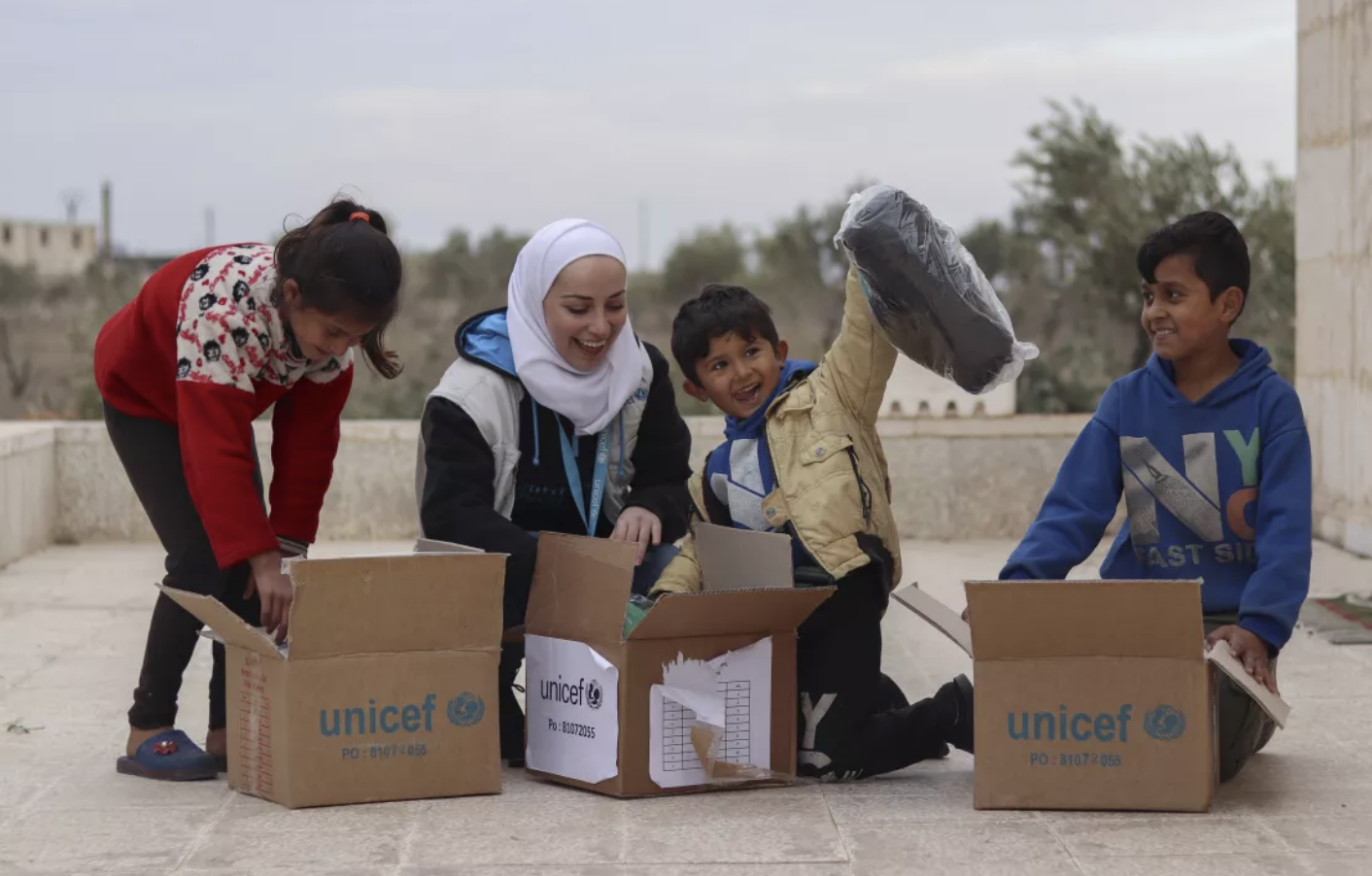AI-Powered Learning: Revolutionizing Education in Crisis Zones
How artificial intelligence is transforming education access in humanitarian contexts
The AI Revolution in Humanitarian Education
In an unprecedented shift, UNICEF is leveraging artificial intelligence to transform education delivery in crisis zones. Through innovative AI-powered learning platforms, children in refugee camps, conflict zones, and remote areas are accessing personalized education that adapts to their unique needs and learning pace.
The technology uses advanced algorithms to analyze each student's learning patterns, automatically adjusting difficulty levels and providing targeted support where needed. This personalized approach has shown remarkable results, with students in pilot programs demonstrating significant improvements in core subjects.
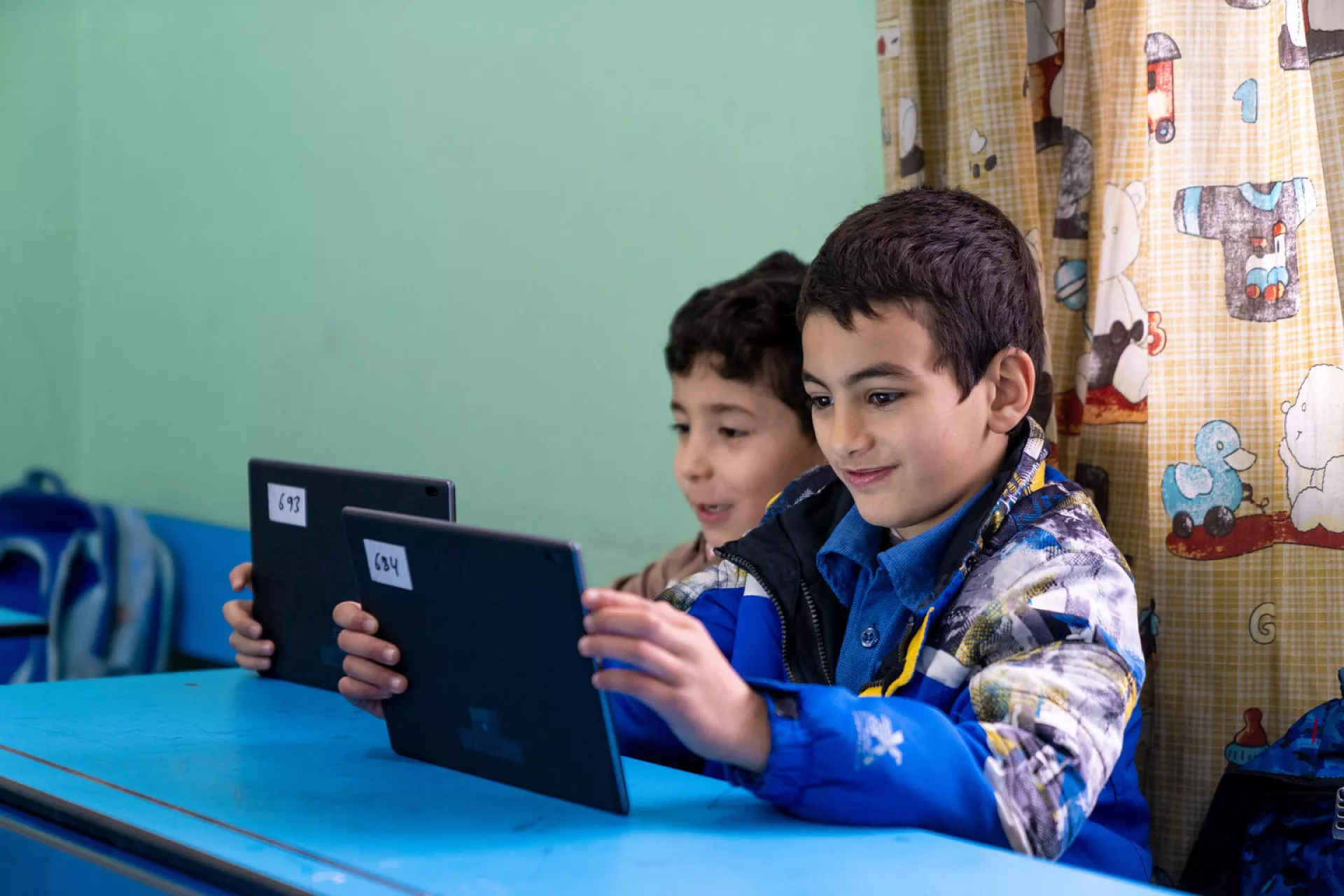
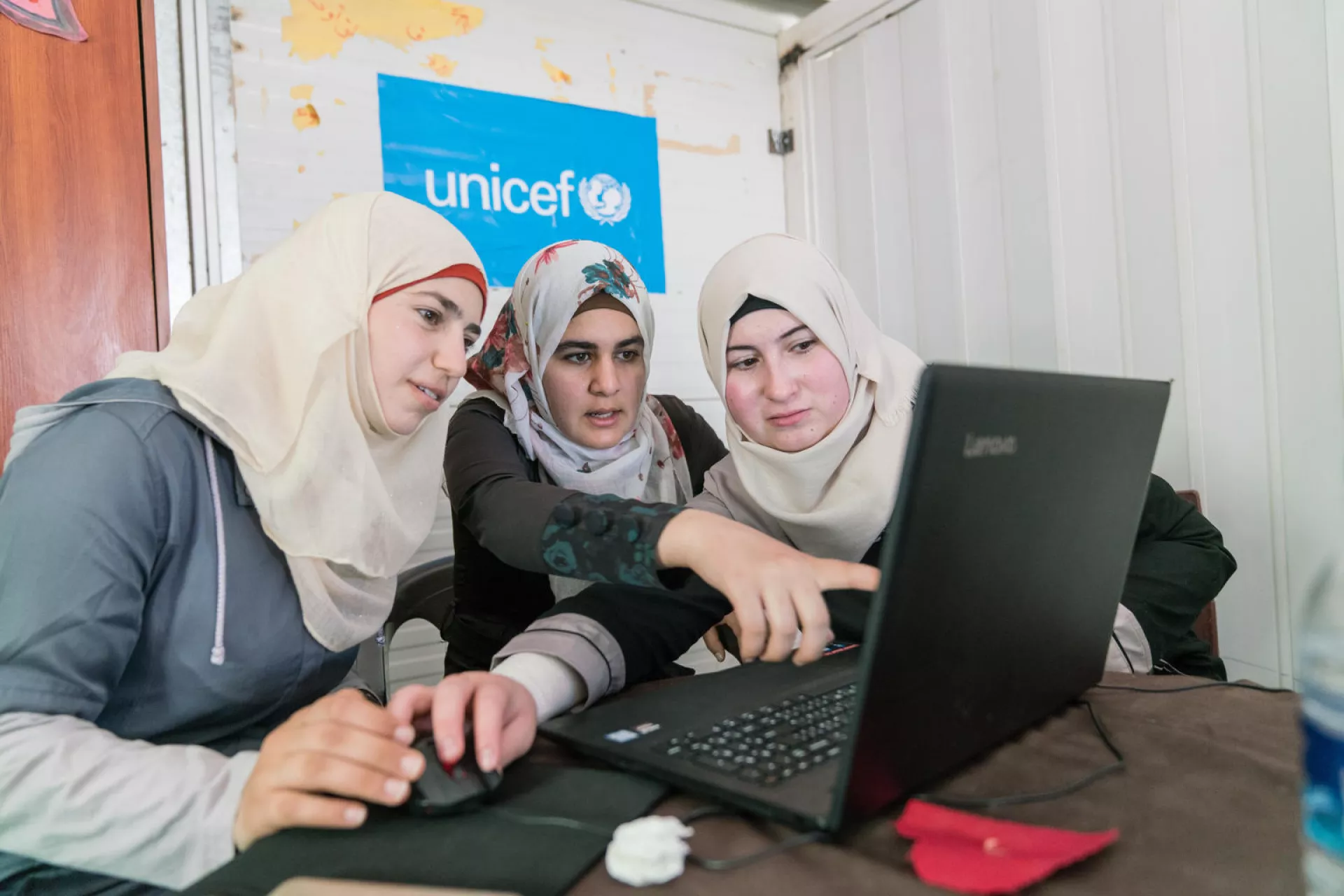
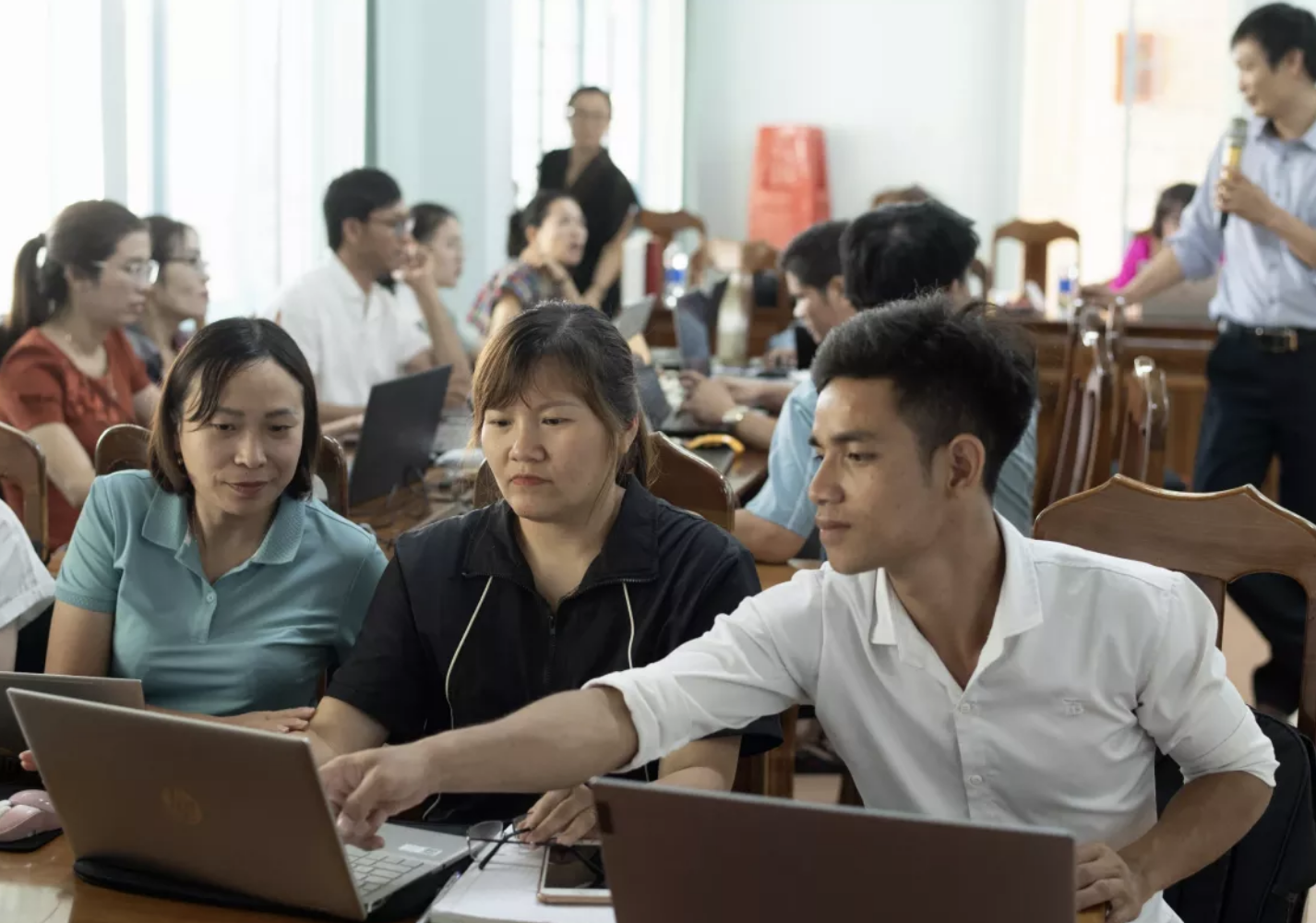
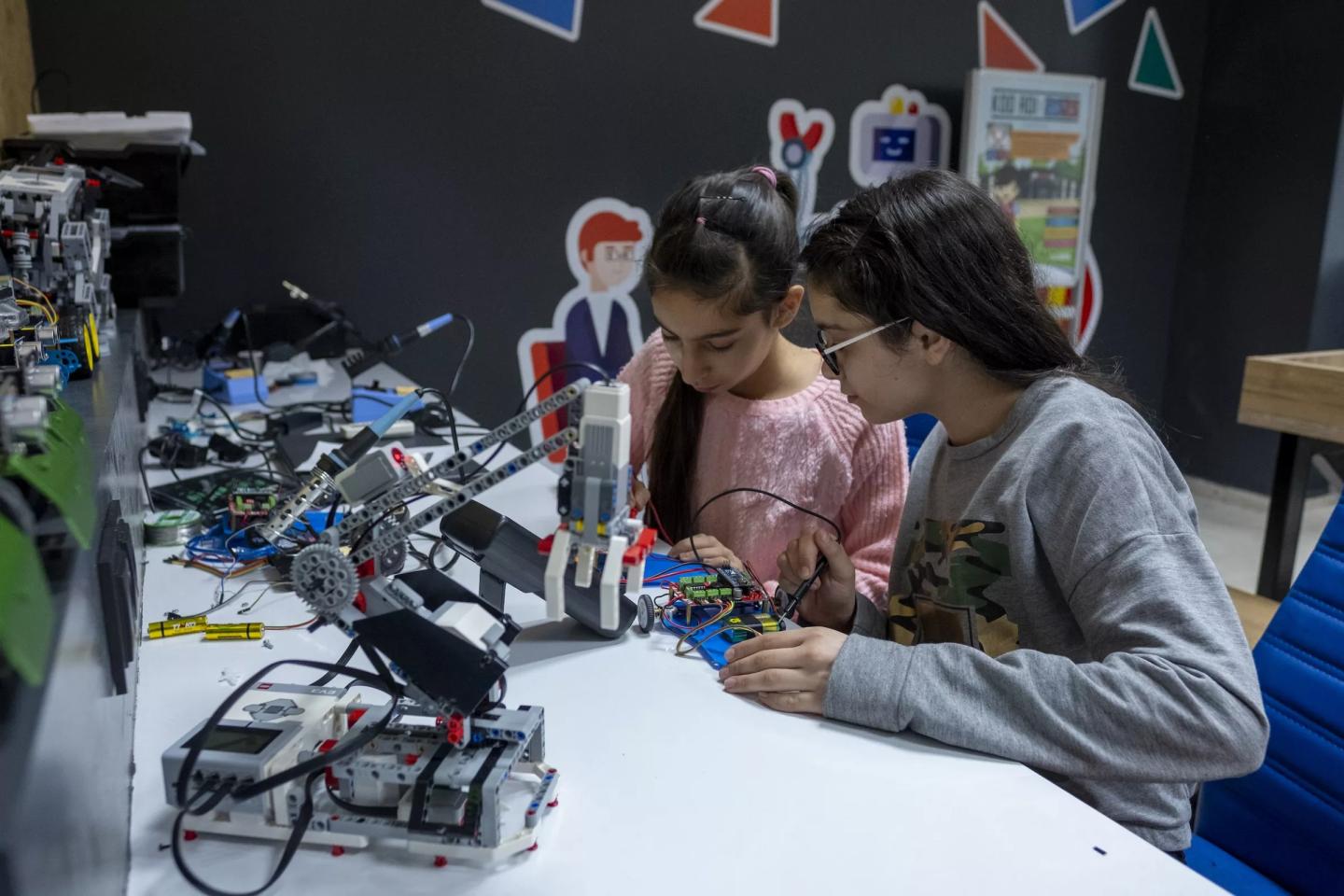
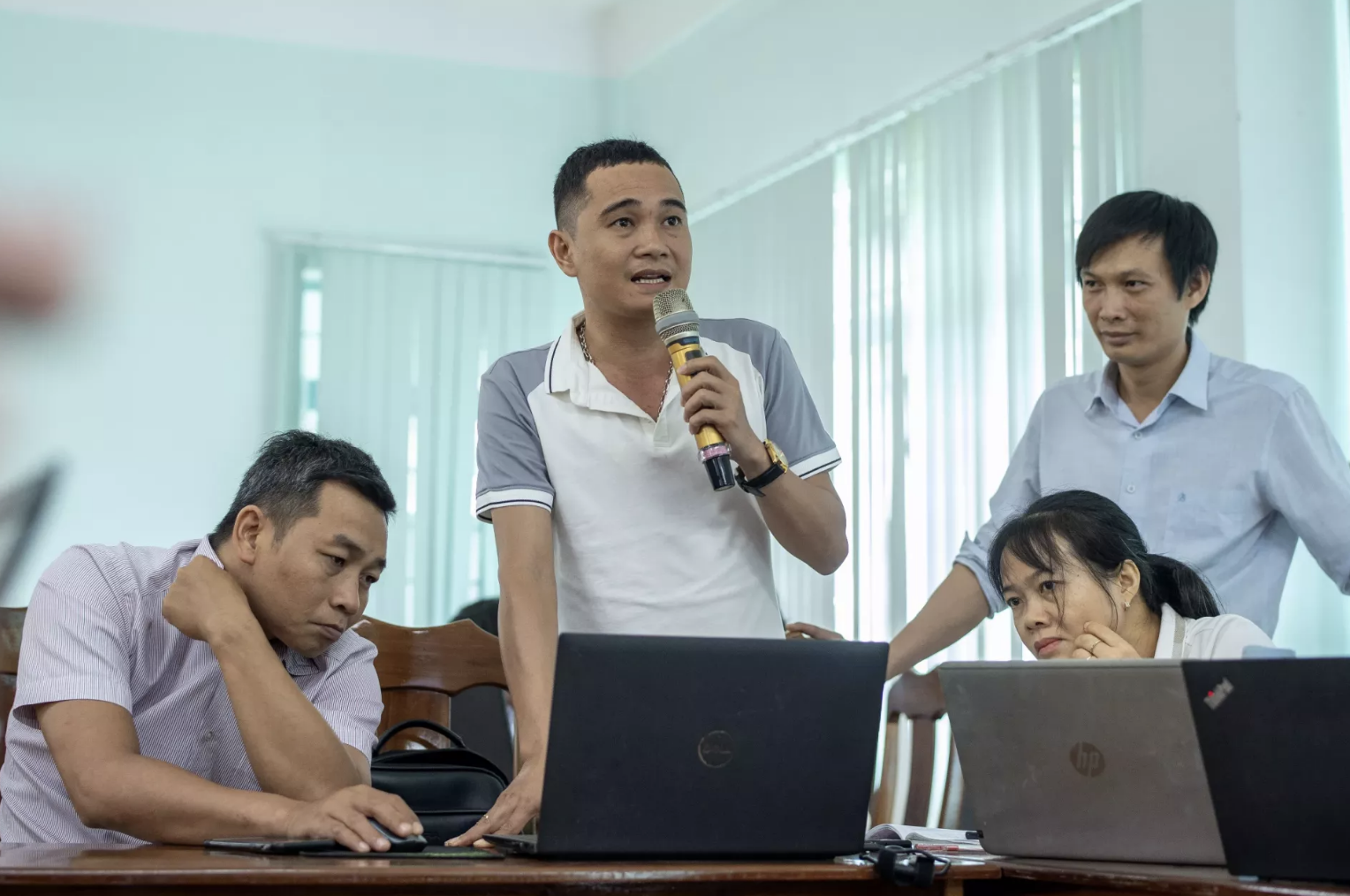
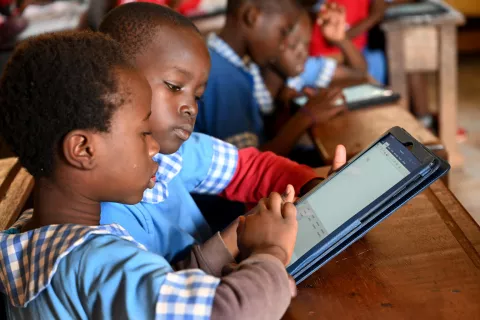
The AI system understood exactly where I was struggling in mathematics. It gave me extra practice in those areas and explained concepts in different ways until I understood. Now I'm at the top of my class.
Breaking Language Barriers
One of the most remarkable achievements of AI-powered education has been its ability to break down language barriers. Natural Language Processing (NLP) technology enables real-time translation of educational content into multiple languages, ensuring refugee children can learn in their native language while gradually transitioning to the language of their host country.
Adaptive Learning
AI algorithms adjust content difficulty based on individual progress and learning style.
Multi-language Support
Real-time translation and language learning assistance for refugee students.
Progress Tracking
Detailed analytics and insights into student performance and areas for improvement.
Collaborative Learning
AI-facilitated peer learning and group activities across different locations.
Offline Learning Revolution
UNICEF's innovative approach includes AI systems that function entirely offline, crucial for areas with limited internet connectivity. These systems use edge computing to deliver personalized learning experiences without requiring constant internet access, ensuring education continues even in the most challenging environments.
The offline AI tutor has transformed how we deliver education in remote areas. Students who previously had no access to quality education are now performing at par with their urban counterparts.
Future Implications
As AI technology continues to evolve, its potential impact on humanitarian education grows exponentially. UNICEF is already exploring advanced applications, including:
- Virtual reality simulations for practical skills training
- AI-powered mental health support for trauma-affected students
- Predictive analytics to identify at-risk students
- Automated content creation for different cultural contexts



